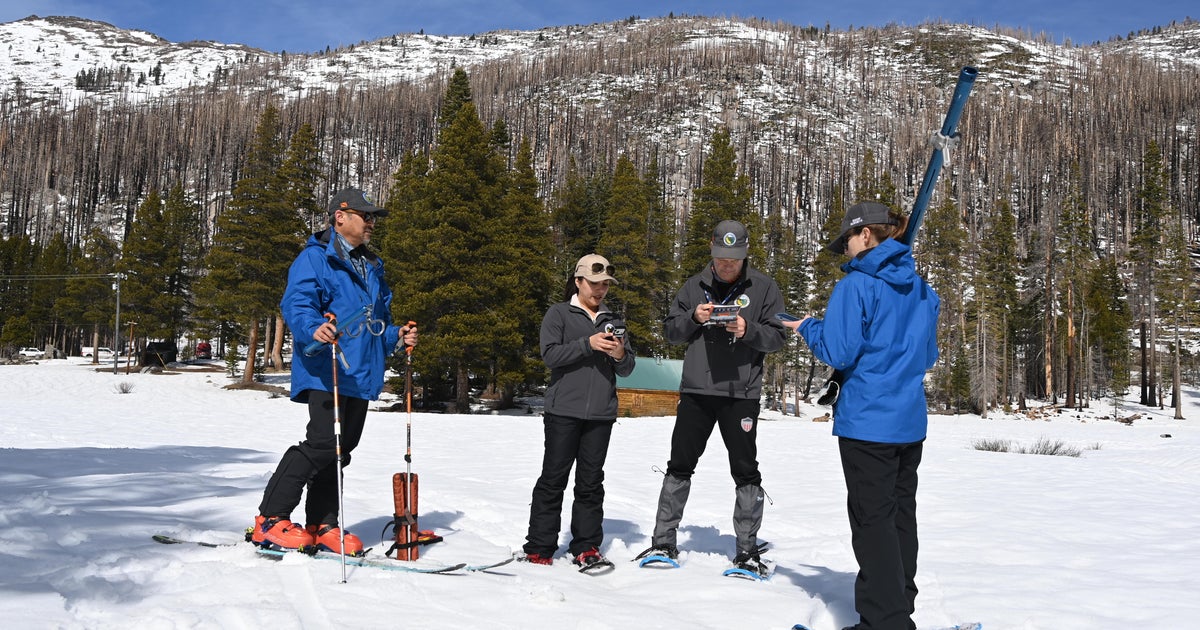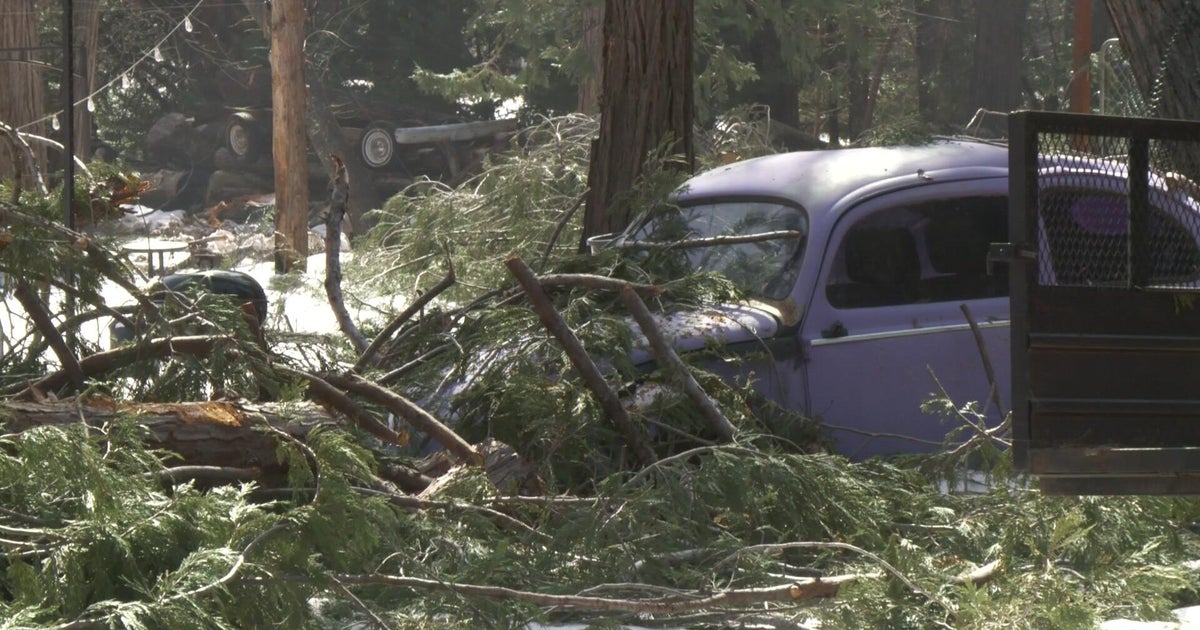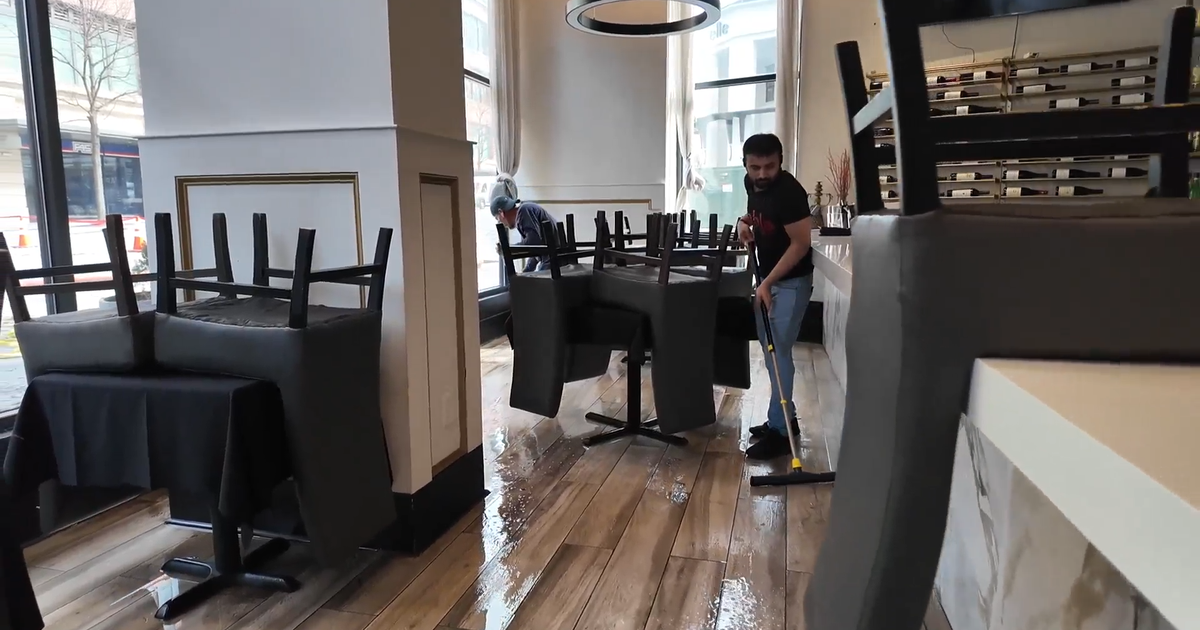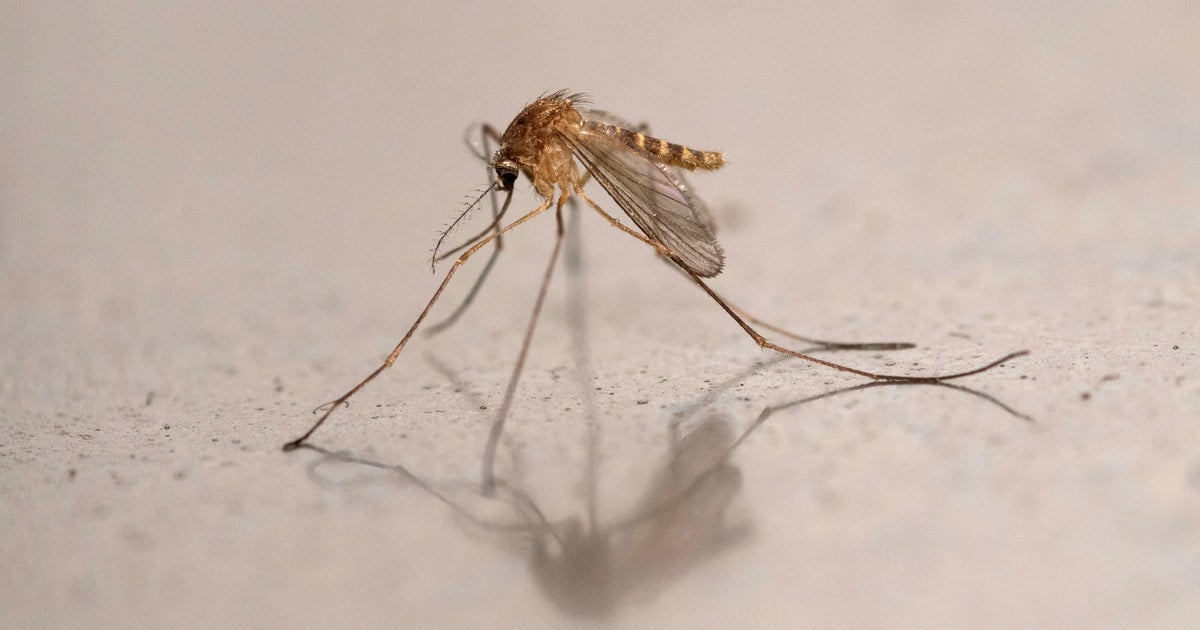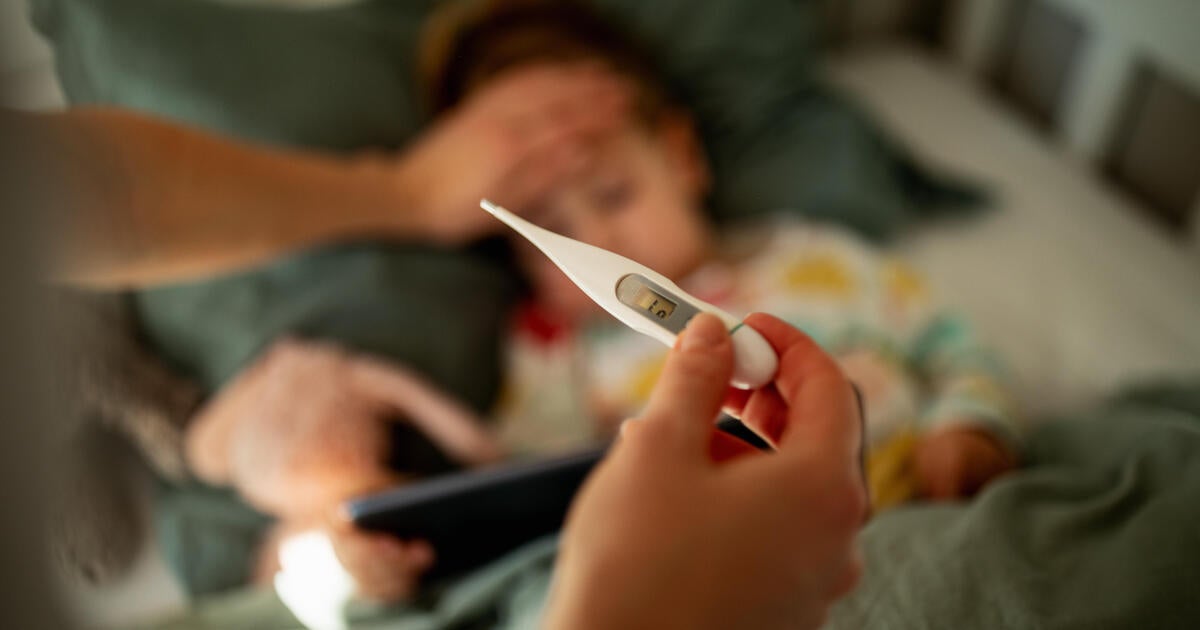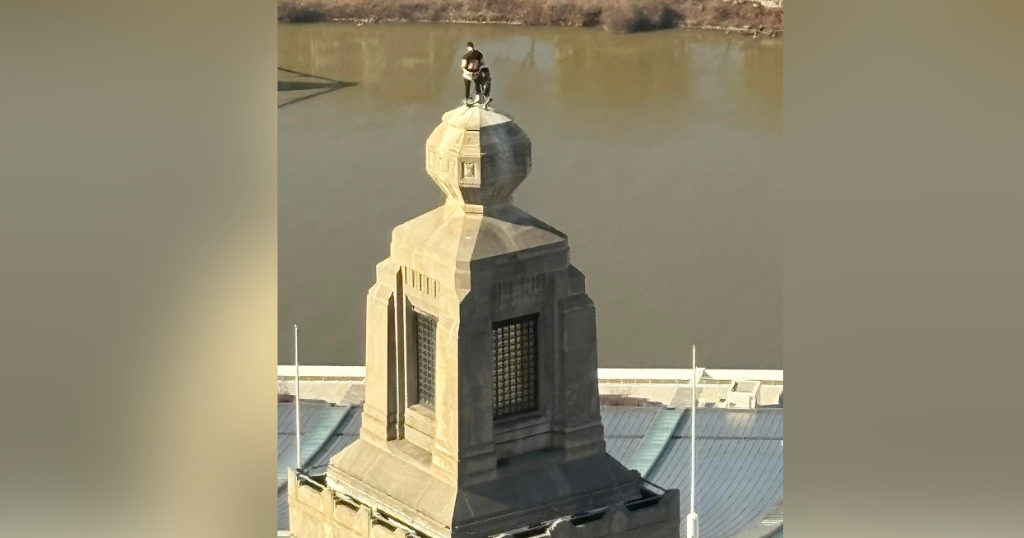Hermine Could Hamper Efforts In State's Zika Fight
Follow CBSMIAMI.COM: Facebook | Twitter
MIAMI (CBSMiami) - Torrential rains from Tropical Storm Hermine could hamper the state in its fight against the Zika virus.
Hermine landed in the Big Bend area overnight lashing the Gulf coast communities from Tampa north with several inches of rain. As the storm shifts to the northeast, the standing water left behind is the perfect breeding ground for the mosquitoes that carry the virus.
On Thursday, the state' health department confirmed that there were two new non-travel related cases in Miami-Dade County. One is associated with the area in Miami-Beach. The other is associated with Wynwood and experienced symptoms in July. Including non-travel related cases in Palm Beach and Pinellas counties, that brings the total to 49.
So far, the local transmission zones are the following:
- Wynwood Area - NW 22nd St. at the South, NE 2nd Ave to NE 23rd St. at the east; NW 3rd Ave to the west; and NE 36th St to the north.
- Miami Beach Area - 28th Street to the north, 8th Street to the south, lntercoastal water to the west and the Atlantic Ocean to the east.
Another development Thursday was that the Florida Department of Agriculture announced that three mosquito samples taken out of 19 from Miami Beach had the Zika virus - including one in a trap at the Miami Beach Botanical Garden. This was the first time a mosquito has tested positive for the virus in the U.S.
"This is not an epidemic. We are taking every step possible, every prudent step, to make sure that it doesn't become one," said Miami-Dade County Mayor Carlos Gimenez at a town hall meeting on Zika.
The mayor blamed the bromeliads in the botanical garden because they tend to hold standing water which attracts mosquitoes. He added they were in the process of removing bromeliads from the public right aways and replacing them with another type of plant that doesn't hold water.
Zika 101: Prevent Spread By Protecting Yourself
Miami Beach Mayor Phillip Levine said they are doing everything possible to control the mosquito population in the city and stop the spread of the virus that's been linked to severe birth defects in babies.
The botanical garden have been closed to the public while workers clear out plants which could create breeding grounds for mosquitoes.
Kay and Katrina Parker, who were visiting from Washington D.C., had to cross it off their sightseeing list.
"We're a little disappointed but you know life goes on," said Kay Parker. "Life is full of disappointments but you keep getting up like the phoenix and you rise to the occasion. Hopefully we'll get to see it next time and we won't have the Zika virus threat or any other threat."
The botanical garden is right across the street from the Miami Beach Convention Center which will be holding the Home Design and Remodeling Show over the Labor Day weekend. The vendors in town for the show hope it won't affect attendance.
"You can't worry about these things. You gotta do what you gotta do, that's the way I feel," said Julie Dean who has a booth at the show. "I hope we have a great show, that there's not an impact on that, and uh, we're like 500 vendors here."
Eradicating the mosquito populations in the perimeter of Wynood was accomplished by both an air and ground assault with insecticide.
On Miami Beach, its high buildings make aerial spraying complicated so it has not been done.
However it is possible.
Governor Rick Scott said a Centers for Disease Control (CDC) recommendation calls for a helicopter, not a plane, to conduct the spraying. He added that state funds have been made available "to immediately conduct aerial spraying in Miami Beach."
So when will it begin? It's not clear.
"No determination has been made. It's not really practical with all the geography," Miami Beach Commissioner Michael Grieco told the New York Times by phone.
The CDC has recommended that all pregnant women who have visited a Zika affected area to be tested for the virus. It is also recommended that all pregnant women who reside in or travel frequently to the area where active transmission is likely occurring be tested for Zika in the first and second trimester.
The number for the state's Zika Virus Information Hotline is 1-855-622-6735.
Click here for more information on the Zika virus or here for more Zika-related stories.

